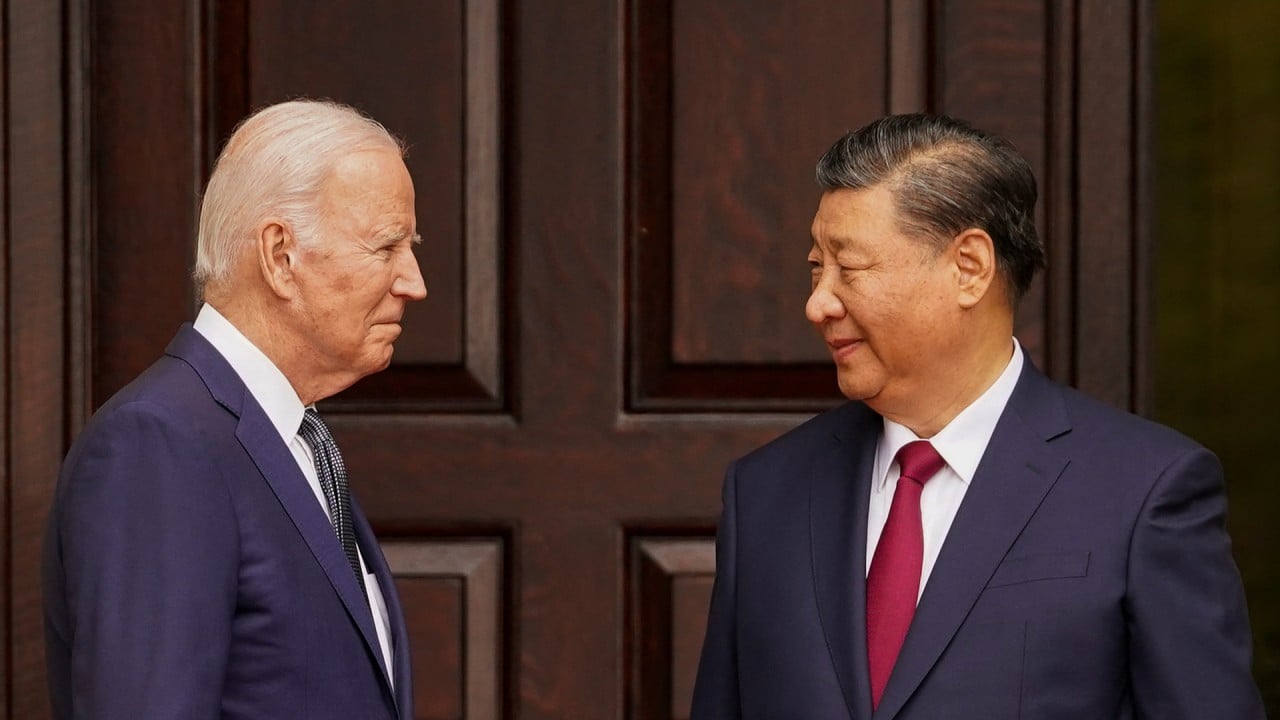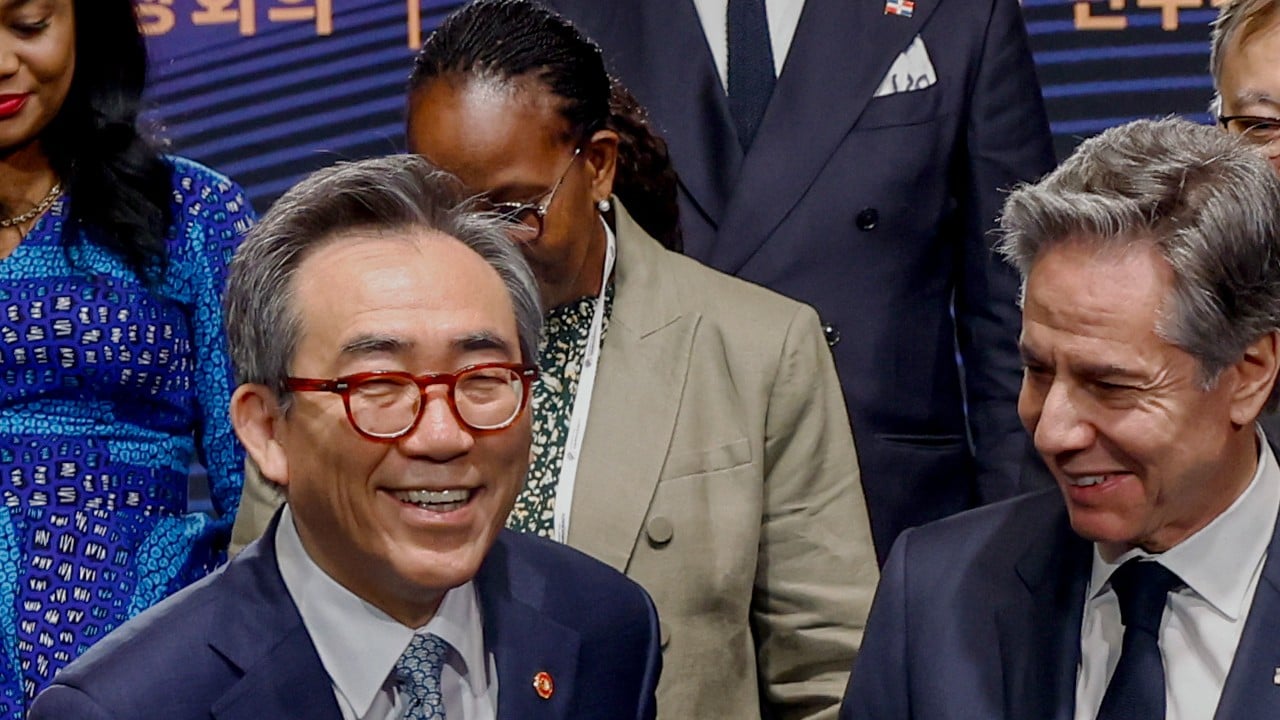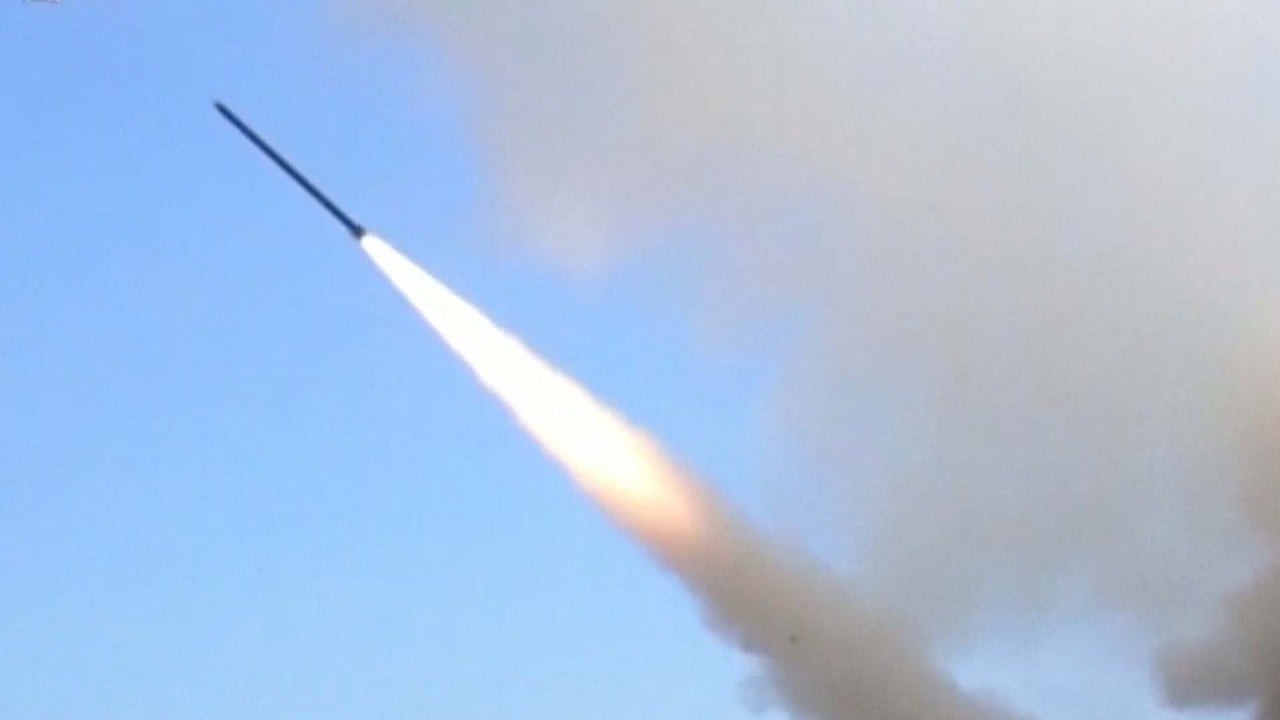Xi, Biden conclude direct talks, progress for China-US relations in 1st call since 2022
Cooperation on counter-narcotics, risk and safety issues related to artificial intelligence, the resumption of military-to-military communication channels and climate issues would be covered, she said.
The official also said that Secretary of State Antony Blinken is scheduling a trip to China in coming weeks and Treasury Secretary Janet Yellen is also visiting the country this month. The two sides are also expecting a call between their top military officials “soon”.
After last year’s summit with Xi, seen as a success in Washington, Biden told reporters that “[the Chinese leader] and I agreed that each is willing to pick up the phone and call directly and be heard immediately”.
Xi and Biden – who were in California for the Apec leaders’ meeting – spent several hours together at Filoli, a rural estate in Woodside, south of San Francisco, which served as the backdrop for the popular soap opera Dynasty in the 1980s.
According to Beijing’s statement published after the summit, Xi said the Biden administration’s control measures “have seriously harmed China’s legitimate interests”.
He told Biden the measures were “suppressing China’s science and technology to hinder China’s high-quality development and deprive the Chinese people of their right to development”.
Hours later, at a dinner organised by the National Committee on US-China Relations, US Commerce Secretary Gina Raimondo responded that Washington was “adopting targeted, precise protections [so] our most sensitive technology … cannot be used against us”.
She added that the measure should not be seen as an obstacle to cooperation between the two sides on matters of mutual interest.
Xi also made several references to Taiwan, calling on the US not to support independence for the island and to stop selling arms to Taipei. According to the readout, Biden assured the Chinese leader that Washington’s attitude towards the island had not changed.
Beijing regards the island as part of China and has not renounced the use of force to bring it back under its control. Like most countries, the US does not recognise Taiwan as independent, but is opposed to any unilateral change to the island’s status quo.
The latest call is part of the “ongoing effort” between the two leaders to “maintain regular open lines of communication, to responsibly manage competition and prevent unintended conflict,” the White House official said.
Xi and Biden last spoke by phone in July 2022, when tensions were soaring between Washington and Beijing over a proposed trip to Taiwan by Nancy Pelosi, in her role as US House speaker.
Military-to-military communication channels between the two powers were severed after Pelosi’s visit a few weeks later and were only restored after the Woodside summit.
Since then, military officials from both sides met at the Defence Policy Coordination Talks in Washington – where they exchanged contrary views over Taiwan – in early January.
This week, the two countries plan to hold a Military Maritime Consultative Agreement meeting in Honolulu.
The White House official said that some progress had been made on the commitment to cooperate on anti-narcotic measures, another outcome of last year’s Xi-Biden summit.
While China has implemented some initial measures to restrict the flow of chemicals used to produce illicit synthetic drugs, there is still a need for substantive law enforcement actions and close consultations from both sides, she said.
China and the US will also hold an AI dialogue in the coming weeks, to enhance mutual understanding in terms of managing the risks associated with artificial intelligence technology.
On economic and trade issues, the official said Biden would reiterate concerns about China’s “unfair economic practices” on his call with Xi and that the US would continue to prevent its advanced technologies from being used to undermine the country’s national security.
Biden was also planning to raise concerns over human rights in China’s Xinjiang and Tibet regions, as well as Hong Kong’s autonomy, while reaffirming the US stance on the one-China policy and reiterating the importance of peace and stability across the Taiwan Strait.
Other issues that the two leaders will touch on include the denuclearisation of the Korean peninsula, the war in Ukraine, and tensions in the South China Sea, according to the official.



